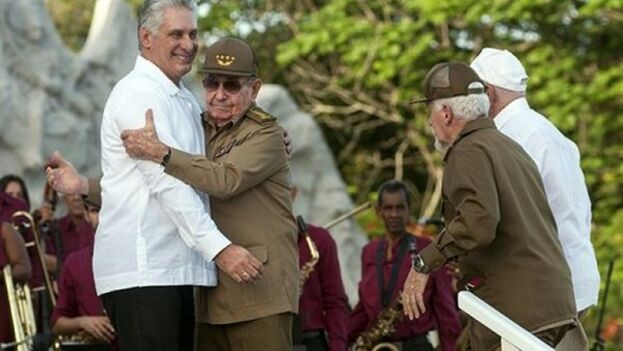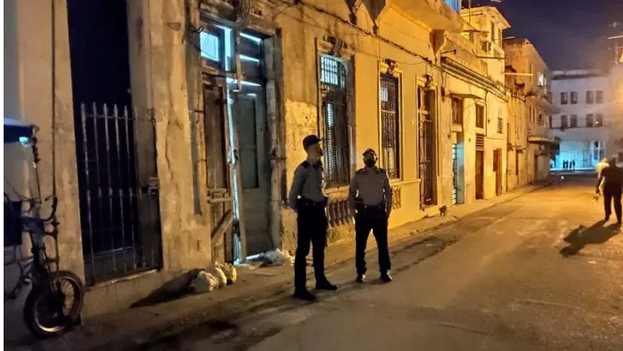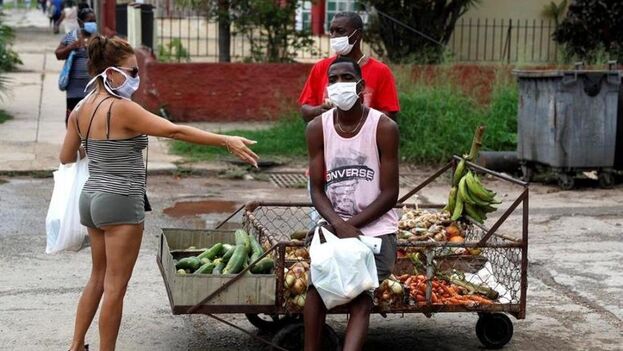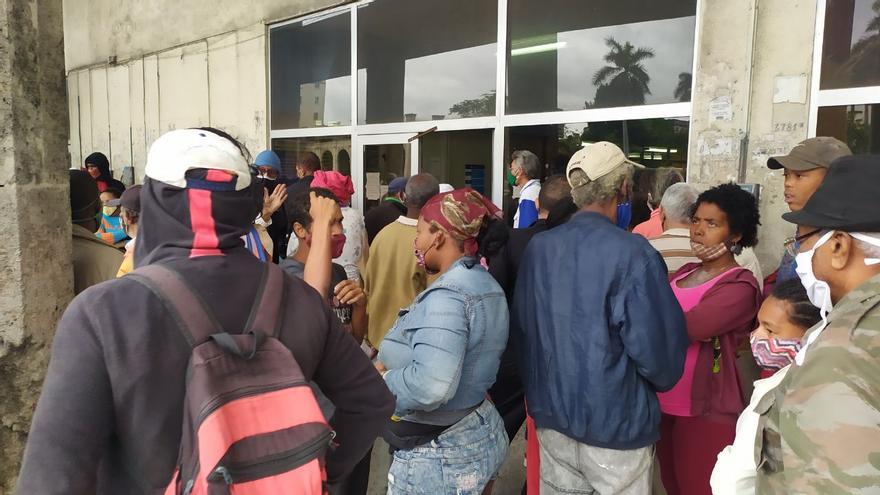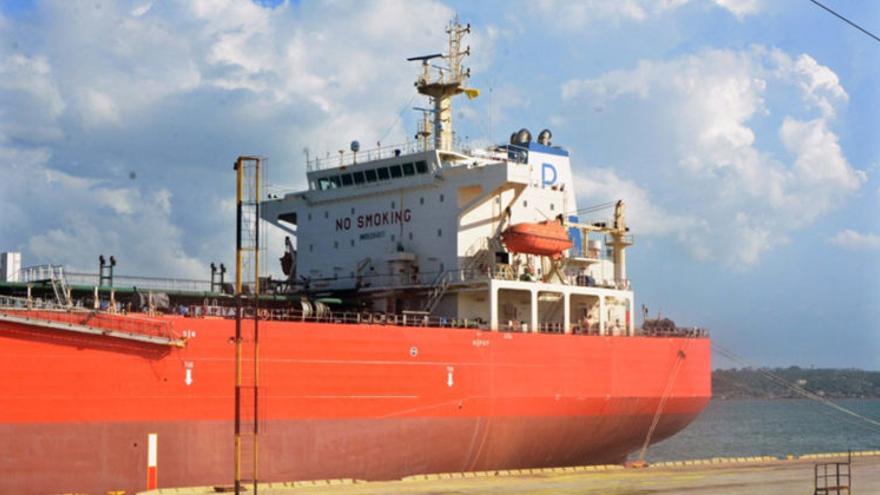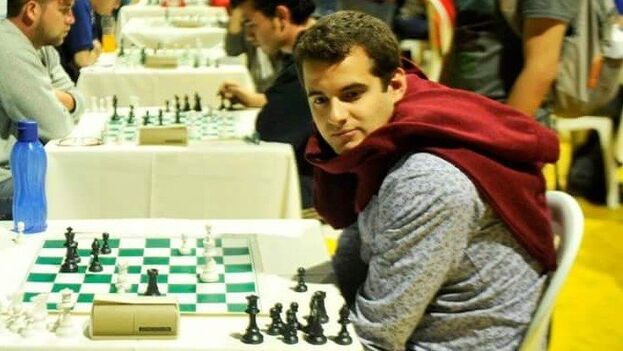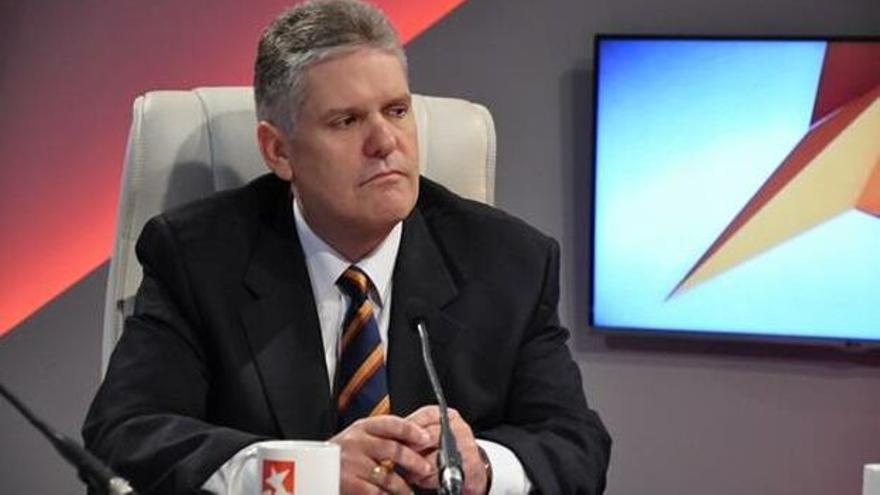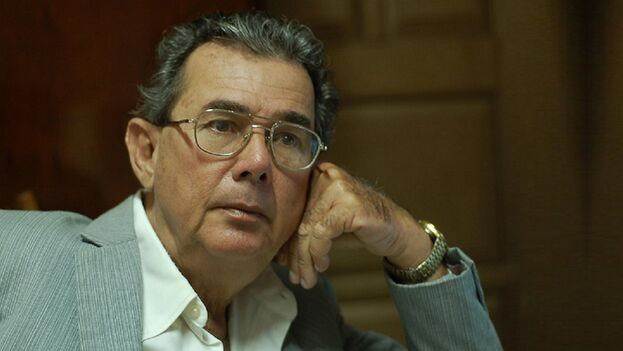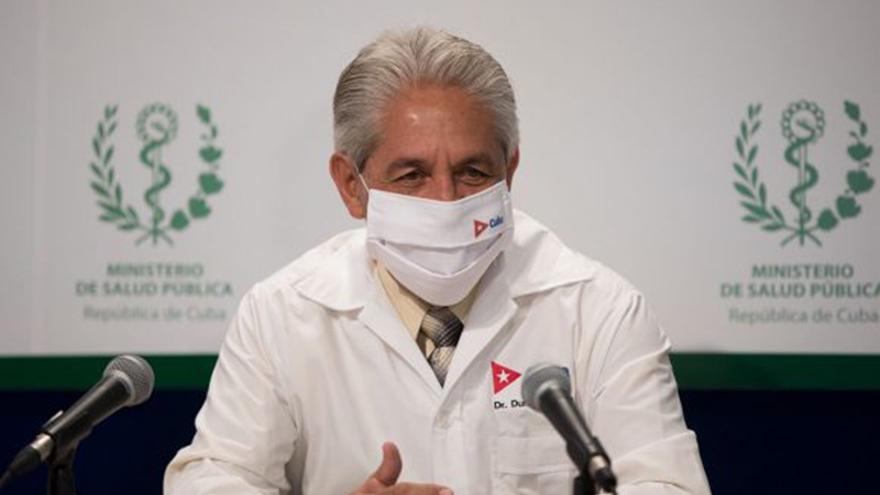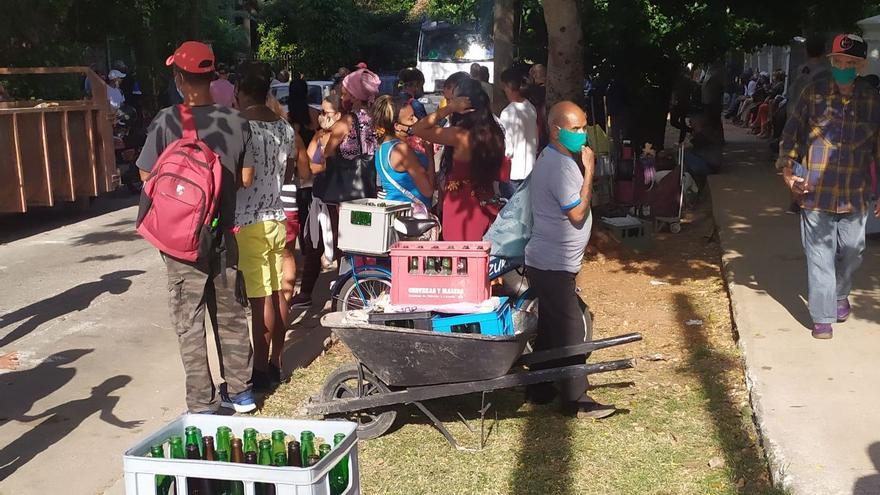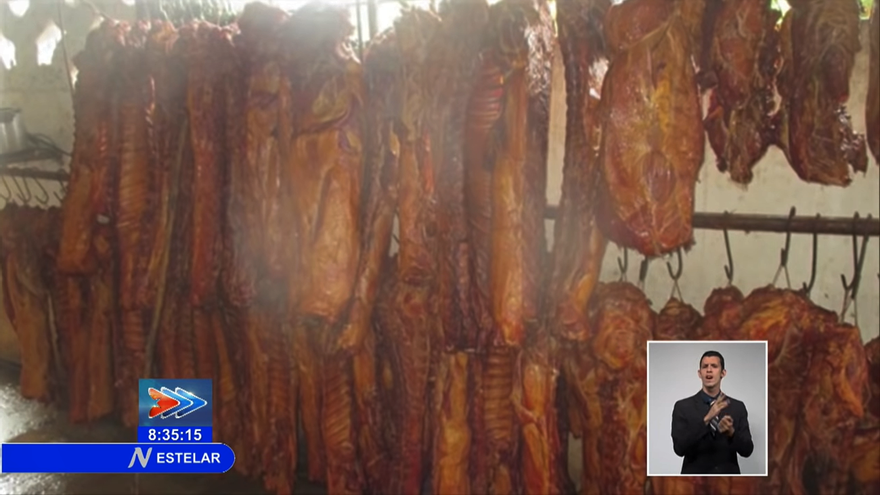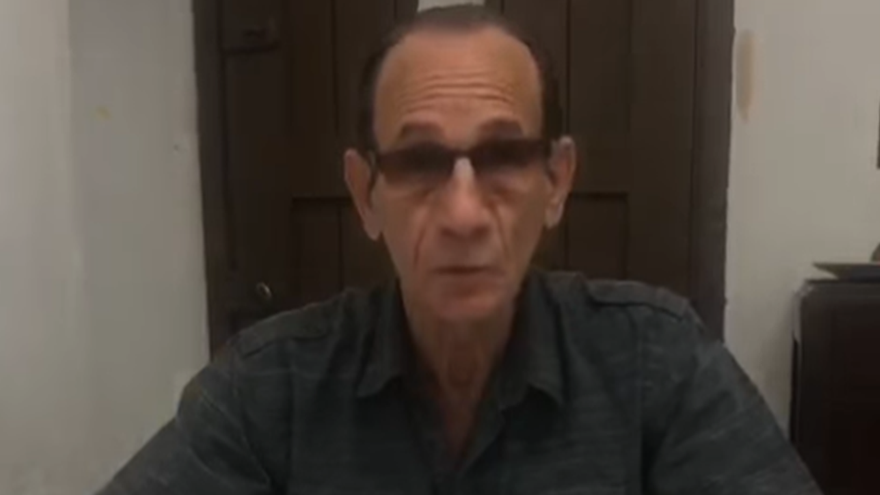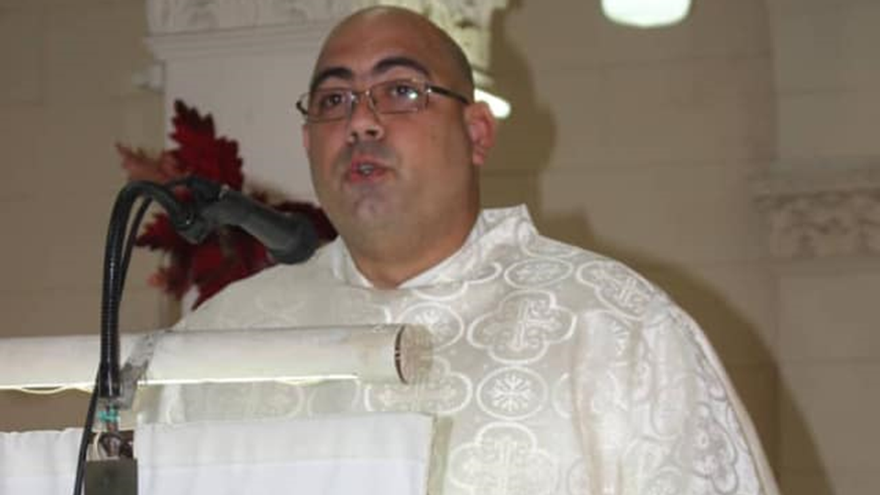I do not know if it is their intention – as it was with his brother in the last years of his life – to turn Raúl Castro into the author of “Reflections” in the privileged space of the official newspaper of the Communist regime. If this is the case, welcome to the writer Raúl Castro. At least this way we can find out what he thinks, what he believes and what has led him to live the life he has lived.
And after narrating the events, the battles, with the sympathetic reference to “gerolán” (a restorative medicine for old people from which the soldiers borrowed the name to describe the bonus they were paid in the campaign), very well known, by the way, because it has been referred to so many times in the Castros’ historiography that it’s now boring, the article enters into a description of the situation in Cuba at that time, which it relates as a “bleak outlook” and among the poorest countries in the world. And it does this with numerous indicators that seem taken from the Guinness Book of Castroism records.
It is precisely at this point that either Raúl Castro’s memory fails or he wantes to forget those times prior to 1959, when he was lucky enough to live in Cuba. Sometimes the memory disappears, or tends to overshadow events that occurred long ago, due to a serious illness. On other occasions, passions obscure or distort times lived in the past, basically because something happened that remains recorded in the subconscious and prevents objective vision. Whatever the ailment, there is no doubt that if Cuba had been in 1959 as Raúl Castro describes it, it is most likely that neither he, nor his brother, nor all those who seized power so as never to return it to Cuban society, would have existed. And it can be demonstrated.
I’m not going to bore readers with a lot of data. A few points will tell the story. For example, Raúl says that “secondary and higher education was reserved for only a minority.” Well, then he and his brother were part of this select group of students who in Cuba could escape from a “miserable” life. He and his brother, and most of the rebels, were not among the 23.6% illiterate — the million who could not read or write. They had gone to school, unlike the 45% of children who, according to Raúl Castro, did not attend school. Furthermore, they were not part of the 6% of children who managed to graduate from public school. Of course not, they went to religious schools in Havana, with high prices and elite education, where only the “privileged” went.
I do not think it appropriate to continue citing the figures that Raúl Castro offers about his alleged distortion of the historic reality. The interested reader can go to the Granma article and draw their own conclusions.
What I do think is convenient is to explain to Raúl Castro why he is wrong in his description of reality.
In that false scarecrow that he remembers and describes, it would have been impossible for Cuba to achieve a GDP per capita higher than that of Spain or Italy in those years and to have more than half a million visa applications from nationals of these countries wanting to realize their Cuban dream. Nor would it have been possible to have a currency, the Cuban peso, exchanging at parity with the dollar, the result of the competitiveness of an export sector that combined being the leading world power in sugar with the development of other activities in the service sector in which Cuba had clear world leadership, as in television for example.
With the Cuba described by Raúl Castro, it would not have been possible to count on generations of professionals who were contributing their knowledge to the country, for its accelerated development and modernization. The Cuban agricultural sector produced a surplus to feed the population, the markets and warehouses were well stocked, lines and ration cards were unthinkable, and the population enjoyed freedom of choice.
Motorization levels were approaching those of the United States and tourism was beginning to emerge as an economic activity. There were medical and educational services throughout the country, to which the population had access, both public and private, so that they could choose freely, and Cubans had bank deposits, pension and retirement plans, physical and economic assets, built with the effort and work of several generations.
Raúl Castro lived through those years and benefited from that vibrant society that, politically, did not want a regime like Batista’s, but rather aspired to a democratic, plural and free society, like those that were beginning to appear in Europe in those years of the Cold War. A society with advanced institutions for its time, with a relatively advanced level of governance compared to other countries, which aspired to progress and achieved increasing levels of quality of life.
History, however, did not want it to be so. Raúl Castro, his brother and that group of revolutionaries had a lot to do with this nation’s coming to a standstill. And that is why, 62 years later, starting this January 1st, with the implementation of the umpteenth of the Castro economic reforms — the so-called “Ordering Task” –Cubans will continue to think about how to ensure they can put one meal a day on their tables, or how to get deodorant or cleaning products by standing in some unknown line. Cubans who remain from before 1959 know that the country today is much worse than it was then. It makes no sense to go against historical memory, because stones that are thrown upwards at some point fall again.
As much as Raúl Castro insists on distorting reality, the existence without freedom, without respect for political rights, and dependent on the crumbs of the omnipotent state, it is the daily reality of Cuba that he and his generation leave for the future. Those who disappeared in 1959 had built a society with difficulties, of course they did, but notably better than today, and any contrast is not open to dispute.
I insist, although the data Raúl Castro offers in the article does not serve to understand what Cuba really was like in 1959, the grandfather’s war stories and the reference to gerolán deserve a few minutes. It’s not worth the trouble to talk about it here. I leave to his distorted memory the little battles to entertain the bored. Whoever has had the option to lead a Government and to adopt concrete and necessary measures to improve an economy and society, and simply does not do it, or, what is worse, is not capable of doing it, must assume that one day history will forget him, because his legacy is useless. However much effort the chorus and the applauders put forth, this is what is happening with his brother, Fidel, who, honestly, left the country much worse than Raúl.
________________________
Editor’s Note: This text was originally published on the Cubaeconomía blog and is reproduced here with the author’s permission.
____________
COLLABORATE WITH OUR WORK: The 14ymedio team is committed to practicing serious journalism that reflects Cuba’s reality in all its depth. Thank you for joining us on this long journey. We invite you to continue supporting us by becoming a member of 14ymedio now. Together we can continue transforming journalism in Cuba.
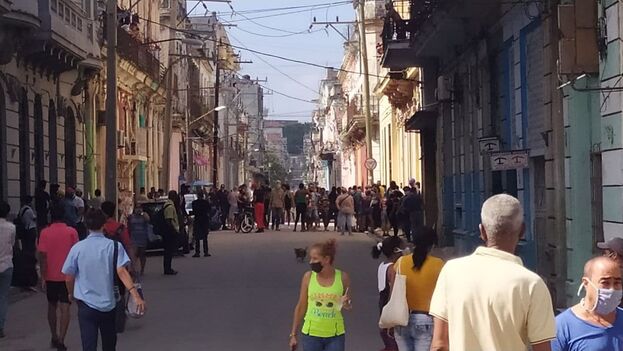
![]() 14ymedio Havana, 1 January 2020 – On Thursday, the authorities of the Cuban capital handed over 11 apartments to families in Central Havana, an event picked up in the official press and celebrated “in commemoration” of the 62nd anniversary of the Cuban Revolution.
14ymedio Havana, 1 January 2020 – On Thursday, the authorities of the Cuban capital handed over 11 apartments to families in Central Havana, an event picked up in the official press and celebrated “in commemoration” of the 62nd anniversary of the Cuban Revolution.
